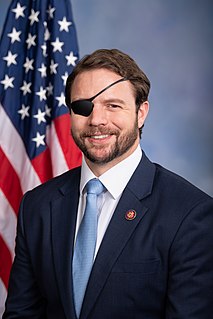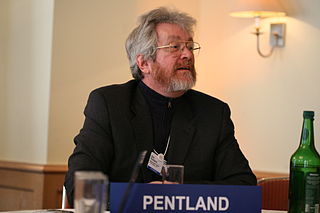A Quote by Esa-Pekka Salonen
I think truth as an idea should be left to the philosophers and perhaps religious leaders and politicians, and professional people who deal with that idea.
Quote Topics
Related Quotes
There have been a number of philosophers who have reveled in the dismantling of truth. I think they did so with good ethical motives, and for good philosophical reasons. I can see the sense in what they were talking about; the idea that truth is often claimed by elites in order to further certain agendas. They crowd-out alternative perspectives - particularly those of the powerless. But the undermining of truth contributed - in the weird, indirect way that philosophy contributes to the culture - to a rejection of the idea of truth as having any kind of proper meaning at all.
Religion is important for humanity, but it should evolve with humanity. The first priority is to establish and develop the principle of pluralism in all religious traditions. If we, the religious leaders, cultivate a sincere pluralistic attitude, then everything will be more simple. It is good that most religious leaders are at least beginning to recognize other traditions, even though they may not approve of them. The next step is to accept that the idea of propagating religion is outdated. It no longer suits the times.
The vast majority of people support the idea of an enlightened, modern union of countries demonstrating solidarity. Film director Wim Wenders recently summed up the problem to me very well. He said the idea of Europe has become an administration, and now people think that the administration is the idea. But that doesn't mean we should give up on the idea - it means we should change the administration.
We have laws to deal with people who defame other people's religion. We have laws to deal with people who try to blow up our citizens. We have due process. We have laws to deal with people who we capture during combat and war, but somehow Guantanamo Bay seems to be outside all that. And perhaps it's being maintained with the view to what people are talking about now, this idea of the "long war," that this is going to go on and on, and perhaps Iran is going to be next.
One of the criticisms I make is to what I refer to as more of a libertarianish right... This whole idea of personal autonomy, well, I don't think most conservatives hold that point of view. Some do. They have this idea that people should be left alone, be able to do whatever they want to do... Well, that is not how traditional conservatives view the world...
I have no religious belief myself, but I don't think we should fight about it. In particular, I think that we should not rubbish moderate religious leaders like the Archbishop of Canterbury because I think we all agree that extreme fundamentalism is a threat, and we need all the allies we can muster against it.
Ownership is not limited to material things. It can also apply to points of view. Once we take ownership of an idea - whether it’s about politics or sports - what do we do? We love it perhaps more than we should. We prize it more than it is worth. And most frequently, we have trouble letting go of it because we can’t stand the idea of its loss. What are we left with then? An ideology - rigid and unyielding.
The Sophists had this idea: Forget this idea of what's true or not—what you want to do is rhetoric; you want to be able to persuade the audience and have the audience think you're smart and cool. And Socrates and Plato, basically their whole idea is, "Bullshit. There is such a thing as truth, and it's not all just how to say what you say so that you get a good job or get laid, or whatever it is people think they want.
Near the end of the 1700s, philosophers began to declare that humans were rational individuals. People were flattered by being recognized as individuals, and by being called rational, and the idea soon wormed its way into the belief systems of nearly everyone in the upper class. Despite resistance from Church and State, the idea of rational individuality replaced the assumption that truth comes only from god and king.


































